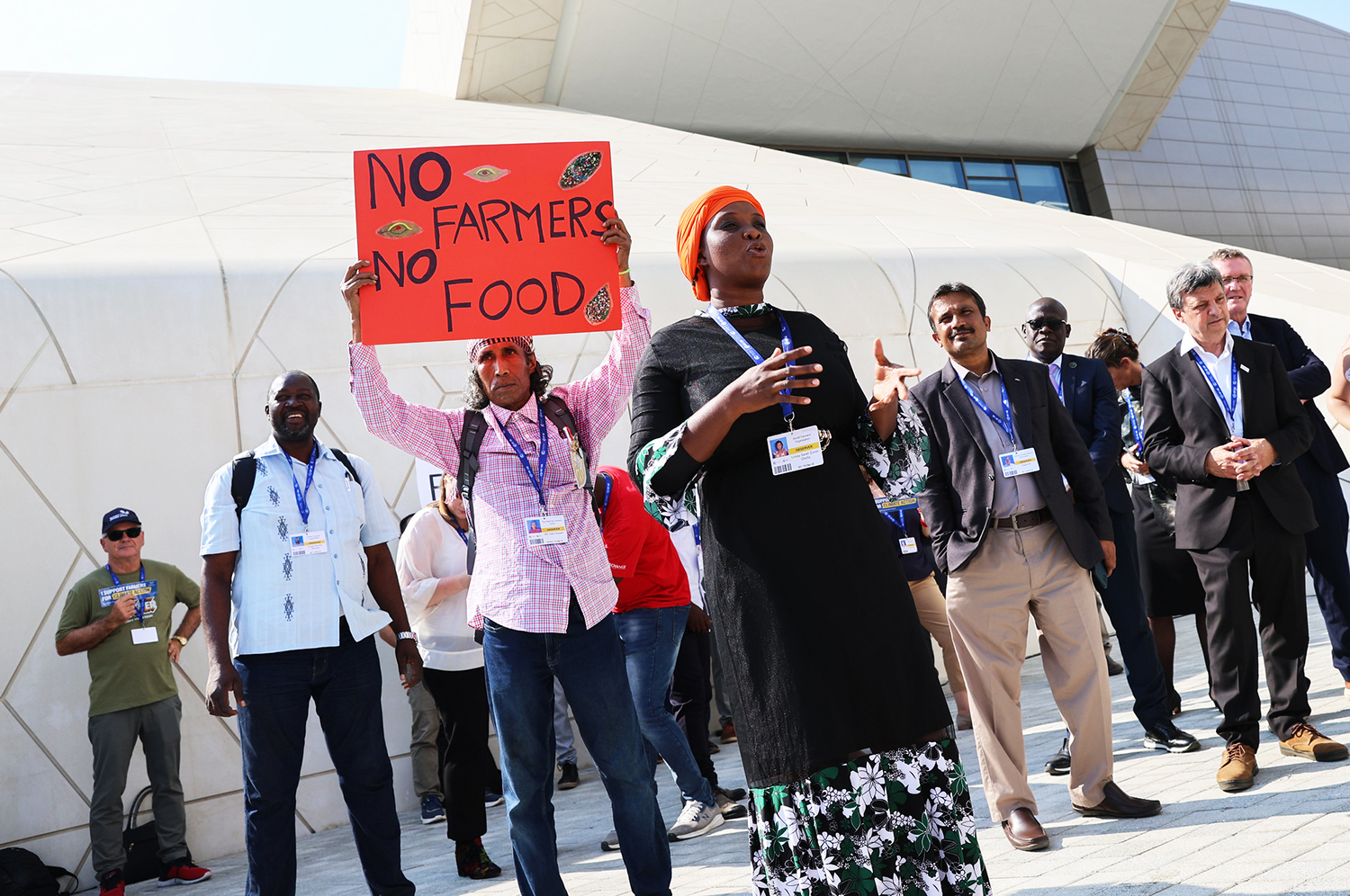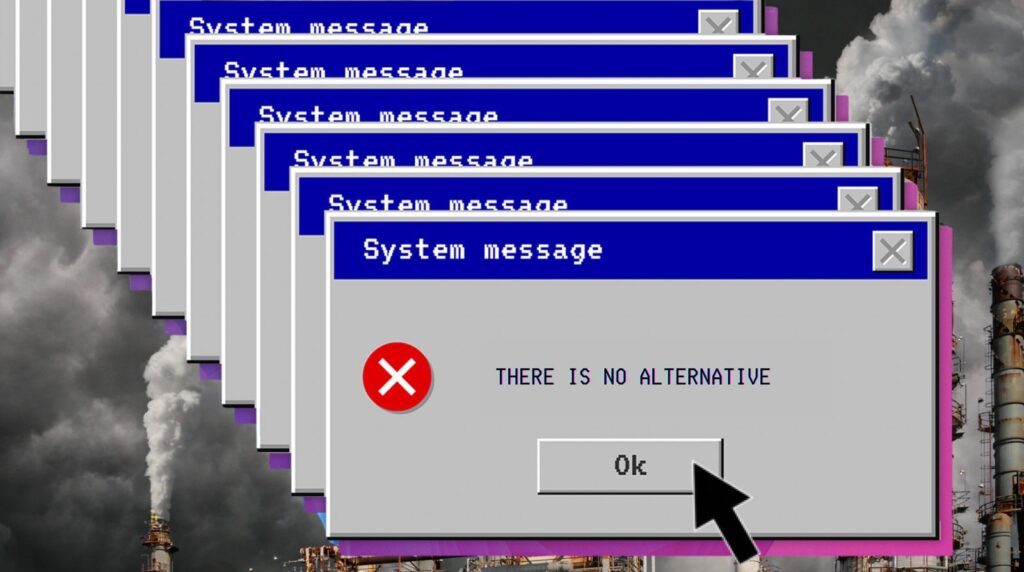In the run-up to this year’s COP28 summit in Dubai, UN Secretary-General Antonio Guterres railed against the scourge of global hunger and climate devastation fuelled by farming.
“Global food systems are broken, and billions of people are paying the price,” he said – and he was right.
Our food system is responsible for a third of global greenhouse gas emissions, yet fails to feed the world, with a tenth of humanity experiencing hunger.
For years, this issue has been sidelined at climate summits, but at COP28 it was catapulted to centre stage, with an entire day of the agenda dedicated to food and agriculture. Yet, amid all the lobbying from global agribusinesses, whose numbers doubled at last year’s summit and tripled at COP28, delegates were hard-pressed to find the smallholder farmers who feed much of the world.
These family-owned and often impoverished producers each manage only a few hectares of land, but they provide a third of the world’s food and up to 80 percent of food in Asia and sub-Saharan Africa. Put simply, they are the bulwark against global hunger, yet they have received just 0.3 percent of climate finance.
Farmers’ associations like La Via Campesina, which lobbies on behalf of smallholders, have been drowned out by the powerful conglomerates which make up ‘Big Ag’. And while the interests of big and small farmers can sometimes align, their differences are fundamental.
While big meat and dairy corporations have spent millions lobbying against climate action, smallholder farmers are disproportionately victims of the climate crisis. They are coastal farmers in Senegal whose soil is being salinated by rising sea levels; they are maize and rice farmers in Nigeria facing extended dry spells and unpredictable rainfall; and they are fishers and pastoral farmers watching Lake Chad disappear before their eyes. For these communities, climate change is existential. If they can’t harvest, they can’t eat.
Too much of the conversation around smallholder farmers has focused on the deployment of new technologies. Yes, digital tools like crop monitoring can help farmers become more efficient. But that is meaningless when, in Latin America and the Caribbean, 77 million people don’t have access to high-quality internet. In other words, even when tech-based policies are designed with smallholders in mind, their real, basic needs are rarely met.
We can see this in Indonesia, where the government has fallen back on digital methods to compensate for underinvestment in adapting farming to climate change. Rather than sending trained professionals to work with small farmers and adapt their methods, the state relies on video conferences, CCTV crop monitoring, and apps. This leaves behind swathes of farmers who lack digital skills or live in areas with poorer technological infrastructure.
The reality is that smallholder farmers often have little agency over the policies that impact their livelihoods and ability to feed their communities. While Kenyan farmers have returned to farming cassava, an indigenous crop which is highly drought-resistant, not all countries allow farmers to switch to more productive or climate-proof crops. In Sri Lanka, for example, arcane land laws forbid farming other crops on land reserved for rice paddy.
Yet, when we listen to smallholders and design climate programmes to protect their autonomy, both communities and the planet benefit. In my own country, Senegal, farmers are working with a mixture of crops in a voluntary climate adaptation programme backed by the government. The government programme predicts which crops will be resilient to the changing climate and provides drought-resistant seeds, but farmers spread their risk by planting their own choice of crops too.
It is far from a perfect system – there is barely any social safety net for these farmers if crops fail – but it is a start.
“Loss and damage”, the question of how the most polluting countries can help developing countries respond to a climate breakdown they did not cause, is now a central plank of annual COP negotiations. While small farms feed most people in low- and middle-income nations, they are responsible for only a fraction of global farming emissions. Helping smallholders to adapt and respond to climate change is fundamental for climate justice.
Smallholder farmers already face a generational challenge. Young people from farming families, concerned about the impact of climate change on crops, are turning away from agriculture. If world leaders cannot respond to their needs, the communities which feed the Global South could be hollowed out and developing countries’ food systems, which are already vulnerable, could become weaker still.
It isn’t too late to turn the tide. There are young, more climate-conscious farmers who have not yet left their communities. They are more open to sustainable practices than older generations. If they can be convinced there is a future for their family farms, we can secure a new generation of farmers and food supplies for developing countries. But global summits like COP won’t deliver that change unless smallholder farmers are listened to, and are handed a controlling stake in the future of agriculture.
Subscribe to our newsletter
Stay up to date with DeSmog news and alerts






